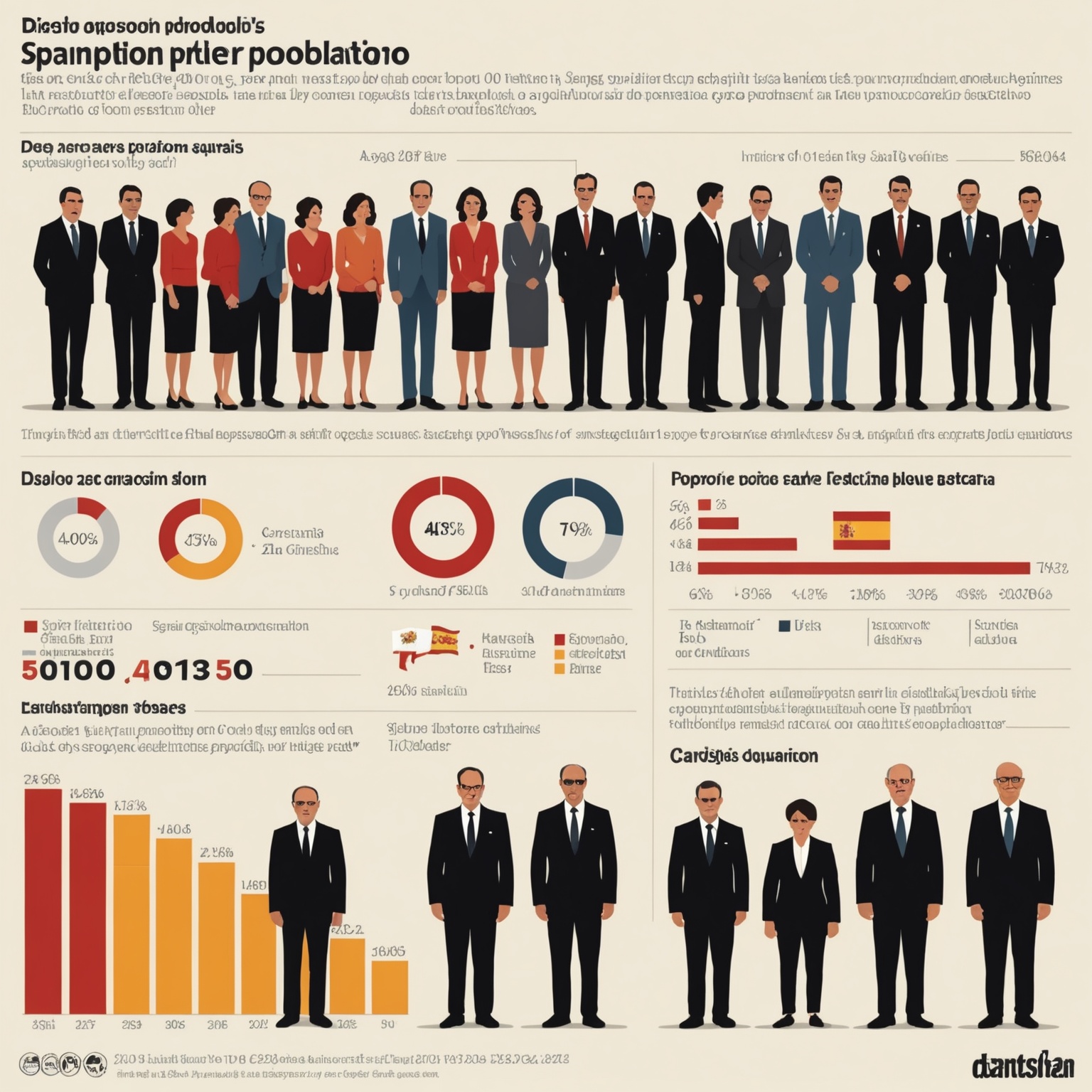Spain's 2023 Pension System Overhaul: Economic and Social Implications

Spain's 2023 Pension System Overhaul: Economic and Social Implications
In 2023, Spain introduced significant reforms to its pension system, aimed at ensuring sustainability and adequacy in the face of demographic shifts and economic pressures. This article delves into the details of these reforms and examines their broader impacts on both the economy and the social fabric of the country.
The Context of Pension Reforms in Spain
The Spanish pension system, historically characterized by its pay-as-you-go structure, faces challenges due to an aging population and the balance between pensioners and the working-age population. The 2023 overhaul is a response to these challenges, seeking to create a more balanced and financially viable system.
Key components of the reform include adjustments to the pension calculation formula, updates to the retirement age, and measures to encourage later retirement. These changes are designed to align with longer life expectancies and changing work patterns.

Economic Implications of the Pension Reforms
The economic implications of Spain’s pension reforms are multifaceted. By adjusting the system to be more reflective of current demographic realities, the reforms aim to stabilize public finances and reduce the burden on the state budget. This section explores how these changes might affect Spain's economic landscape, including potential impacts on public spending and labor market dynamics.
Additionally, the reforms could influence domestic consumption patterns, as changes in pension distribution might alter the disposable income of retirees. The potential for increased private pension contributions and savings rates could also reshape financial markets.
Social Implications of the Pension Reforms
The social implications of the pension reforms are equally significant. They touch on the quality of life for the elderly, intergenerational equity, and social cohesion. Adjusting the pension system impacts how older populations perceive their financial security and future, potentially affecting mental health and societal participation.
Moreover, these reforms might alter the social contract in Spain, as younger generations reassess their own future financial planning based on the perceived reliability of state-supported pensions. This section also discusses how the reforms address gender disparities within the pension system, aiming for a more equitable distribution of resources.

Looking Ahead: The Future of Spain’s Pension System
As Spain navigates the aftermath of these sweeping pension reforms, this final section speculates on the long-term effects and potential further adjustments. It considers scenarios based on economic forecasts, demographic trends, and political changes that could influence the evolution of the pension system.
The sustainability of these reforms is crucial, not just for current retirees but for future generations. Ongoing evaluations and possibly additional modifications will be essential to maintain balance and adequacy in the system.







